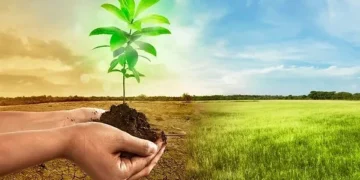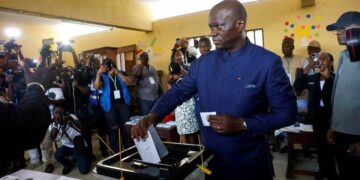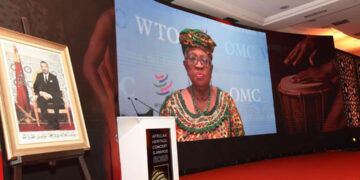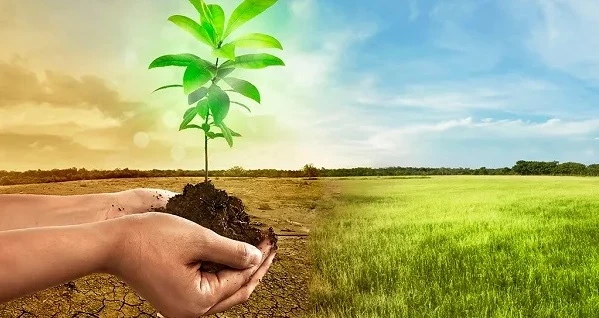By John Ikani
A new report from the World Meteorological Organisation (WMO) has revealed that African nations are losing an average of 2-5% of their Gross Domestic Product (GDP) each year due to climate change.
The report also notes that these countries are allocating 9% of their budgets to address climate-related crises.
In sub-Saharan Africa, the cost of adapting to climate change is projected to be between $30-50 billion annually for the next decade, equating to 2-3% of the region’s GDP, the report estimates.
Released on Tuesday, the WMO “State of the Climate in Africa 2023” report predicts that by 2030, around 118 million people living in extreme poverty will be vulnerable to drought, floods, and extreme heat in Africa unless sufficient countermeasures are implemented.
The report underscores the necessity for African nations to prioritize greater investment in National Meteorological and Hydrological Services, accelerate the implementation of early warning systems, and ensure that all efforts are directed towards safeguarding lives and livelihoods.
These actions will help mitigate risks, enhance adaptive capacity, and foster resilience at local, national, and regional levels, thereby guiding strategies for sustainable development.
WMO Secretary-General, Celeste Saulo, highlighted that Africa has experienced a warming trend over the past 60 years that has outpaced the global average. “In 2023, the continent faced deadly heatwaves, heavy rains, floods, tropical cyclones, and extended droughts,” she stated.
She further noted, “While many countries in the Horn of Africa, southern and North-West Africa continued to grapple with exceptional multi-year droughts, other countries encountered extreme precipitation events in 2023, resulting in flooding and significant casualties. These extreme events have had devastating impacts on communities, with severe economic consequences.”
“This pattern of extreme weather has persisted into 2024. Parts of southern Africa have been plagued by damaging droughts. Exceptional seasonal rainfall has caused death and destruction in East African countries, most recently in Sudan and South Sudan. This worsens an already dire humanitarian situation.”
Ambassador Josefa Correia Sacko, the Commissioner for Agriculture, Rural Development, Blue Economy, and Sustainable Environment at the African Union Commission, emphasized that the “State of Climate in Africa 2023” report underscores the urgent need to invest in meteorological services and early warning systems to enable adaptation to climate change and build resilience in Africa, as the effects of climate change continue to manifest globally.
She stated, “Africa faces disproportionate burdens and risks arising from climate change-related weather events and patterns, which trigger massive humanitarian crises with detrimental impacts on agriculture, food security, education, energy, infrastructure, peace and security, public health, water resources, and overall socio-economic development.”

































